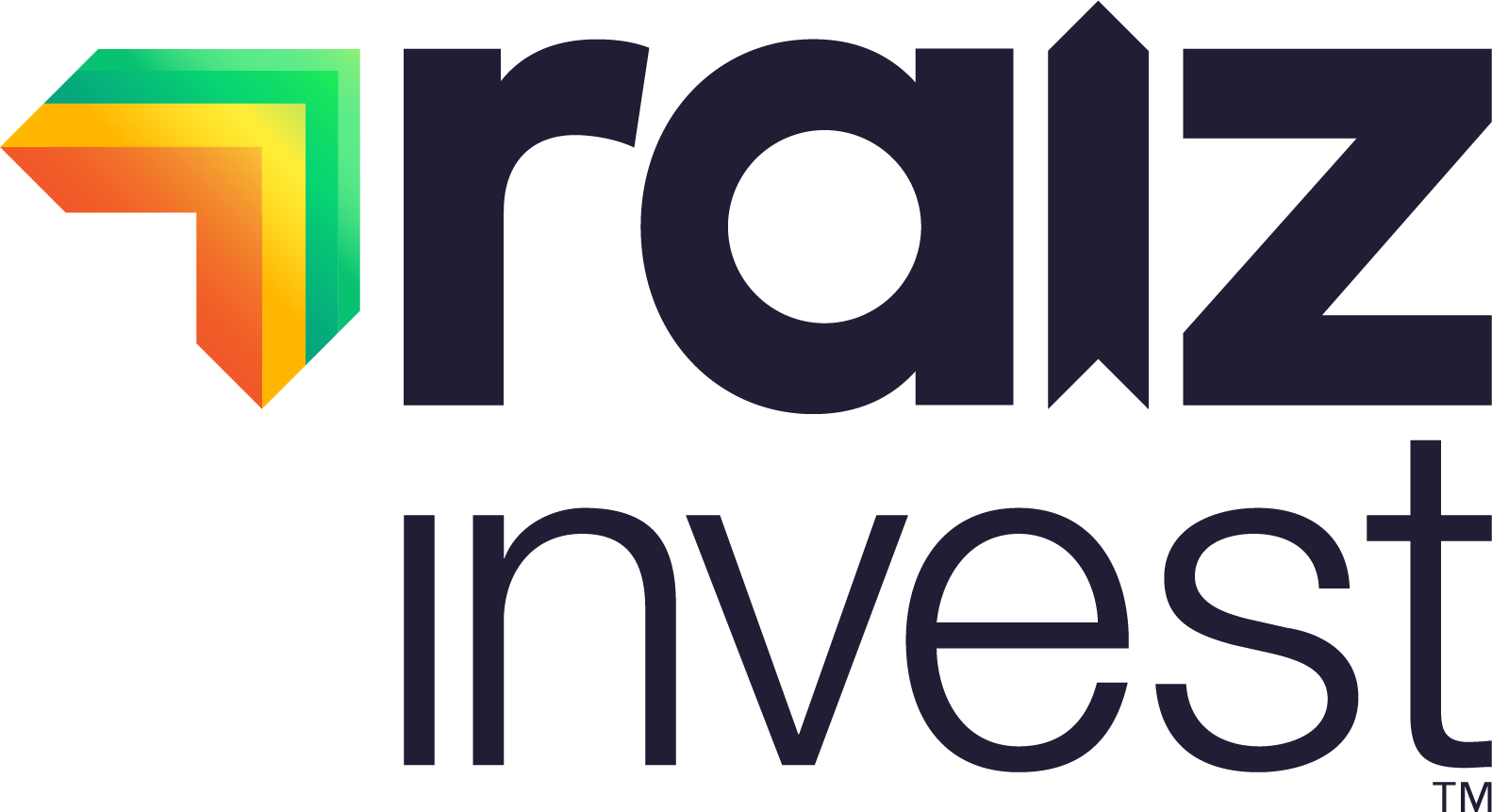Political tensions increase amid coronavirus backdrop

25-05-20
From George Lucas, Raiz CEO
China unveils new COVID-19 stimulus measures
This week saw China pledge $500 billion worth of fiscal stimulus measures to support its economy as part of a bid to soften the impact of the coronavirus pandemic on livelihoods by creating nine million jobs and ensuring local governments can function.
While the stimulus measures announced by Beijing are good news for the China economy and global economic recovery, an escalation in political tensions in Hong Kong, and between China and the US, risks undermining the current rebound we’re seeing in equity markets.
Indeed, we saw this week that news of the large-scale fiscal stimulus package in China was overshadowed by Chinese authorities revealing plans for a new national security law in Hong Kong. That led to the Hang Seng index registering its worst trading day in five years, falling by 5.6 per cent.
Hong Kong could be flashpoint in US-China stoush
Still on Hong Kong, there’s a risk is that the former British colony now becomes another source of conflict between China and the US as tensions escalate between the superpowers.
Recently, US-China tensions have been rising amid recriminations about the coronavirus and renewed efforts by the US to stymie Huawei, a Chinese telecoms firm. Hong Kong could potentially be the next front in the White House’s aggressive approach to Beijing.
If the trade war does restart with Hong Kong as a flashpoint, equities in Hong Kong and the rest of Asia are likely to suffer, while the renminbi will probably also come under pressure as occurred last year when the US imposed tariffs on Chinese goods.
China’s ongoing encroachment on Hong Kong autonomy is also making it a less attractive place to do business, damaging its economy and undermining its role as a financial centre.
US-China trade war could be here to stay
In any case, US-China tensions are likely to remain high for some time as it seems to serve leaders on both sides as a distraction from COVID-19 and resulting economic hardship. US President Donald Trump in particular seems to think the dispute can help him win re-election in November when Americans go to the polls.
However, it’s unclear what Australian Prime Minister Scott Morrison is thinking as Australia, too,
becomes caught up in the US-China flare-up, with a recent ban on beef exports and tariffs on barley exports to China.
Thankfully, Australian iron ore and coal have been left alone so far, but it’ll become a major issue for Australia’s economic recovery if China makes our iron ore and/or coal less attractive with little effect on China, except higher pollution.
Signs of emerging markets rally in wake of coronavirus
Looking elsewhere, MSCI’s World Index of developed market equities has risen by almost 30 per cent from its low on 23 March, recouping more than half its initial losses faster than in any previous bear market. Despite the scale of the current economic shock, the index is now trading around the same levels as in mid-2019, which is good news.
However, even though lockdown measures are slowly being lifted in many countries, the latest global PMI survey data point to only limited signs of recovery in the global economy.
At 30.5, the eurozone composite PMI is still consistent with economic activity contracting in May. It’s a similar story for the UK and the US. For equities, the aggregate composite PMI for the major developed economies, at face value, suggests equities should be lower than they are presently.
Future PMI reports will be in spotlight
Nonetheless, the PMIs have at least improved in May and we are hopeful that Q2 will mark the trough in activity. Equity investors are obviously of a similar view.
Looking ahead, assuming that the virus outbreak is slowly brought under control in the coming months and economies gradually continue to re-open in that time, the rally in equities may have further to run.
Bearing all this in mind, the strength of global equities may not be as irrational as it first appears based on incoming economic data.
Important Note: The information on this website is provided for the use of licensed financial advisers only. The information is general advice and does not take into account any person’s particular investment objectives, financial situation or investment needs. If you are an investor, you should consult your licensed adviser before acting on any information contained in this website.
Investors only: The information in this Document is confidential it must not be reproduced, distributed or disclosed to any other person unless it is part of their statement of advice. The information may be based on assumptions or market conditions and may change without notice. This may impact the accuracy of the information. In no circumstances is the information in this Document to be used by, or presented to, a person for the purposes of making a decision about a financial product or class of products.
General advice warning: The information contained in this Document is general information only. It has been prepared without taking account any potential investors’ financial situation, objectives or needs and the appropriateness of this information needs to be considered in that context. No responsibility or liability is accepted by Instreet or any third party who has contributed to this Document for any of the information contained herein or for any action taken by you or any of your officers, employees, agents or associates.



